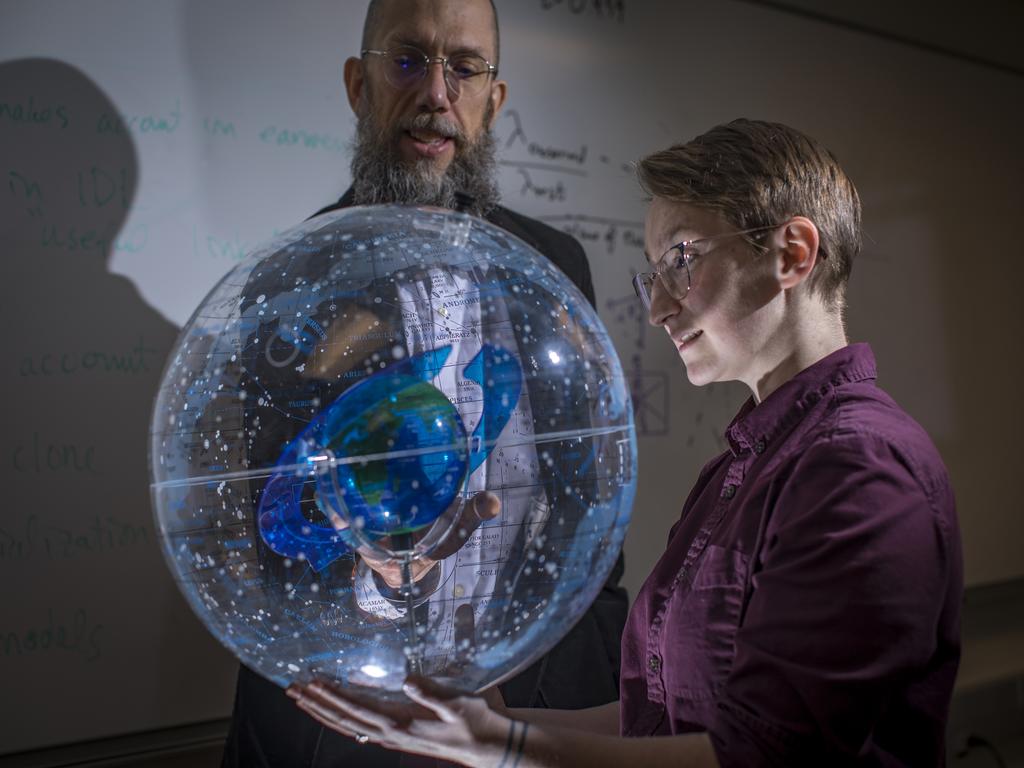Warming oceans. Wildfires. Shifting weather patterns. This semester, Rhodes College is offering a new course dedicated to one of the most challenging global issues—climate change.
The liberal arts environment of Rhodes is uniquely suited for important conversations about this subject, since it cuts across many disciplines. Although several Rhodes courses address aspects of climate change in their curricula, the current course is the first course focused solely on the science of climate change.
The spring 2020 course is a collaboration between Dr. David Rupke (Department of Physics) and Dr. Sarah Boyle (Department of Biology, Chair of Environmental Studies and Sciences). The professors designed the course titled The Science of Climate Change for biology, environmental science, environmental studies, and physics majors and minors. However, the course also will include biomathematics, chemistry, neuroscience, and computer science students who have interests in climate change.
“Several years ago, I started teaching a unit on planetary climates in my astronomy course for non-science majors. I thought students should learn about the cause of Earth’s climate change, and this might be the only point in their Rhodes education where they would be exposed to it,” says Rupke. “I later learned from Richie Trenthem, who is a Rhodes graduate and is now director of academic technologies for the college, that already in the early 1990s physics professor Bob MacQueen was teaching about global warming. It is more important than ever that our students learn about what is likely to be one of the major storylines of the 21st century.”
Professors Boyle and Rupke realized that an in-depth course on the science of climate change would allow students to grapple with the breadth of scientific concepts and data involved. The goal of the course is for students to gain an understanding of the physics of climate change and knowledge of its ongoing and future biological impacts. Students will study various Earth systems (atmosphere, ocean, and cryosphere), understand how climate impacts and is impacted by biological systems, and use GIS and remote sensing to conduct spatial analyses of climate-related data sets.
“This course will give students a strong background in the science of climate change, as well as hands-on experiences analyzing climate data, thereby preparing students for future research, internship, and job opportunities,” says Boyle. “Putting together this course with David Rupke has been an incredible experience, and I am looking forward to working with the students.”
